Coronavirus in Babies and Kids: What Parents Need to Know
The COVID-19 coronavirus is on the move in the U.S., causing many parents to worry about their kids.
Young children and babies are often susceptible to diseases, but the new outbreak is unique. Here’s what parents need to know.
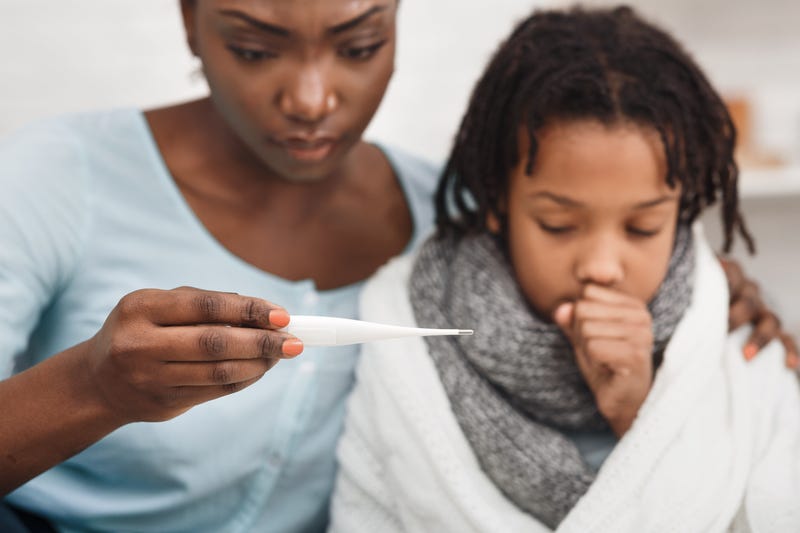
Coronaviruses usually hit kids hard
Flu-like viruses tend to affect populations like a bell curve, hitting the oldest and youngest victims hardest. Elderly folks with pre-existing medical conditions are vulnerable, but so are young children whose immune systems aren’t strong enough yet to fend off the infection.
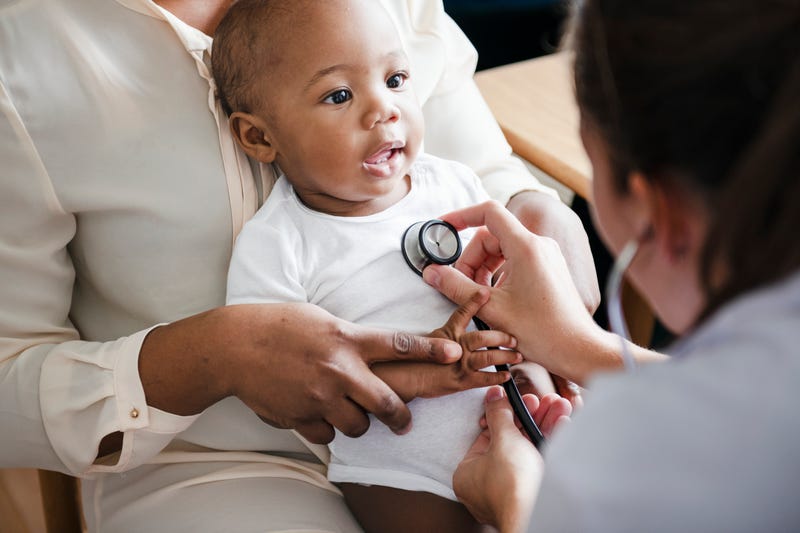
But cases of COVID-19 are relatively rare in children
According to a February report in JAMA, most people who have contracted COVID-19 are adults over 50. It’s not entirely clear why yet, but kids don’t seem to be getting the virus at alarming rates, and when they do get the coronavirus, the effects tend to be more mild.
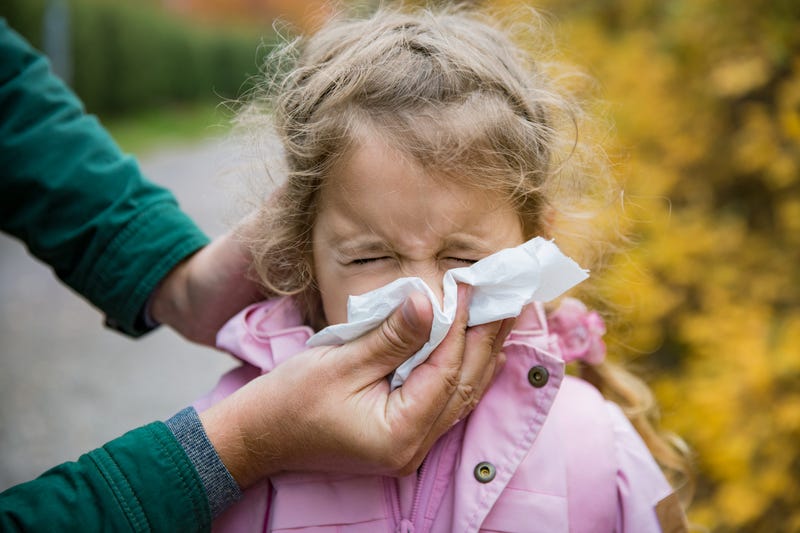
Look for flu-like symptoms
Like the common cold or flu, coronavirus causes runny nose, cough, sore throat, and fatigue. The COVID-19 virus tends to cause fever and shortness of breath as well. Parents should monitor kids to make sure none of these symptoms get out of hand, since prolonged fever or difficulty breathing could cause serious issues.
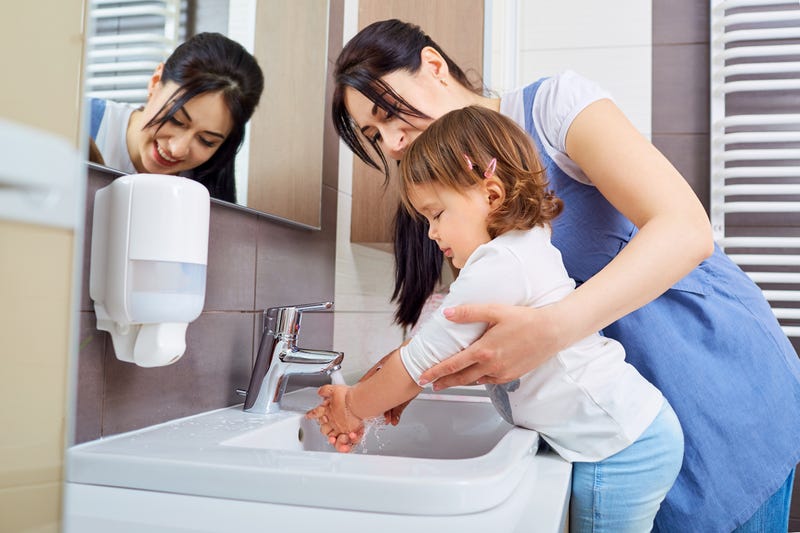
Make sure kids are following safety guidelines
The best way to keep your family safe and stop the spread of the virus is to make sure kids are maintaining hygiene standards. That means kids, like adults, need to wash their hands often for at least 20 seconds with soap and warm water. They should also avoid rubbing their faces or putting their hands in their mouths in public places, where they could pick up the virus from surfaces.
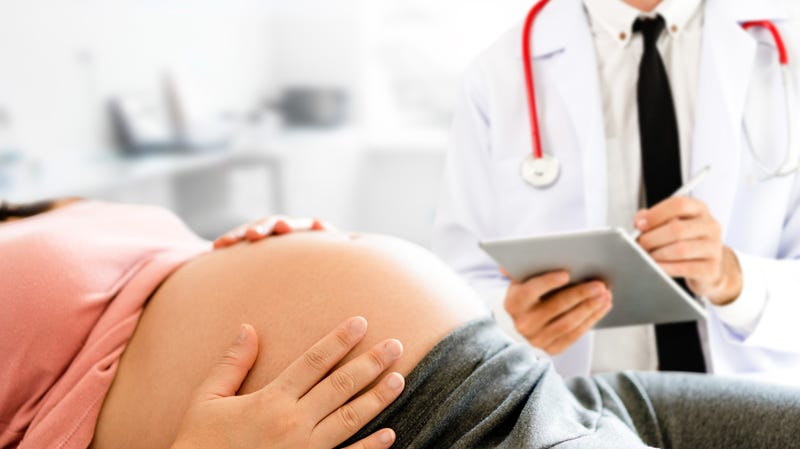
Pregnant women should exercise caution
Doctors recommend pregnant women take precautions to avoid getting sick from anything since pregnancy depresses the immune system and illnesses can cause complications with babies. While there isn’t yet much info about the specific effects of the new coronavirus on pregnant moms, it’s unlikely sick mothers will transmit the infection to babies in the womb.
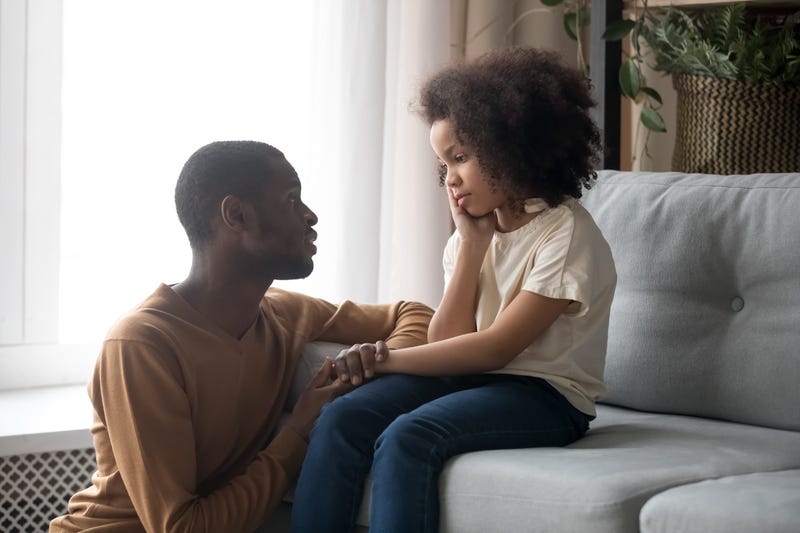
Talk to your kids
If adults are worried about COVID-19, you can bet kids are too. Understanding the virus is the first step to overcoming that fear, so sit your kids down and explain what’s going on. It will not only ease their stress, but also increase the chances kids actually follow health guidelines.
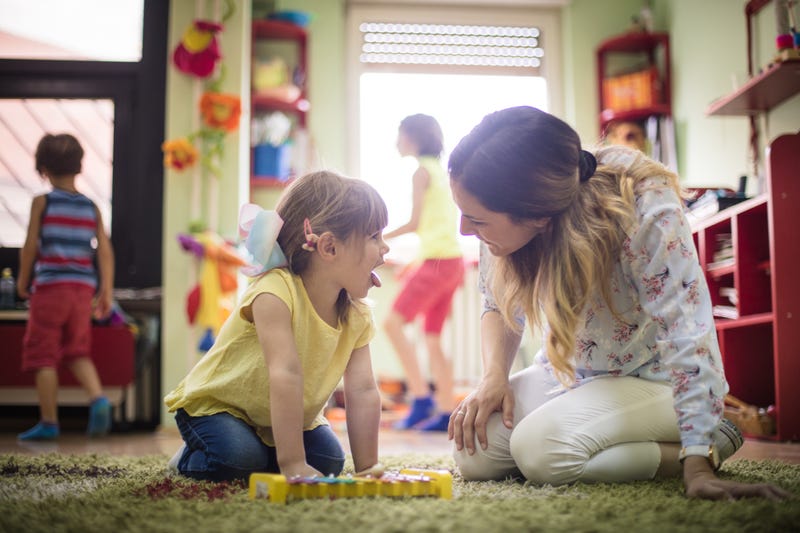
Prepare for school closures
It’s entirely possible that schools will close in certain communities to prevent the spread of the virus should conditions worsen. Be ready to host your kids at home or have an alternate plan for your young ones.
LISTEN NOW on the RADIO.COM App
Follow RADIO.COM
Facebook | Twitter | Instagram